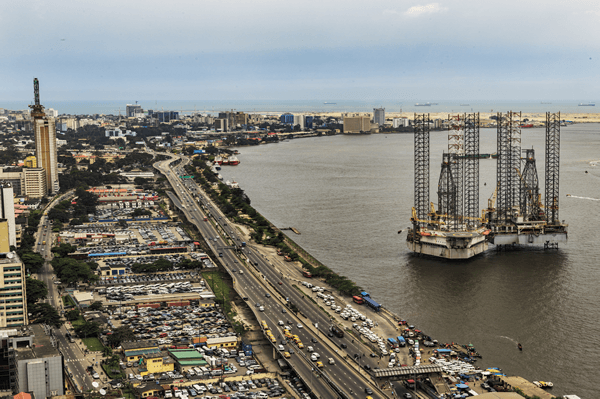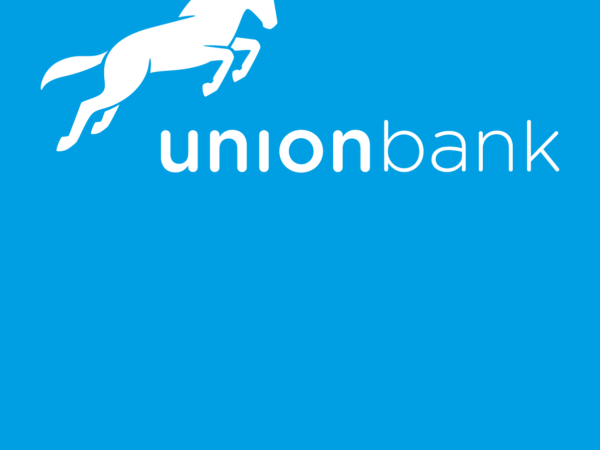
Understanding the exchange rate situation and how it affects you.
Since the plunge in oil prices, there has been immense pressure on the Naira exchange rate. Multiple exchange rate regime for the Naira has not been popular with many FX market players.
The Central Bank of Nigeria’s frequent interventions in the FX markets immensely improved market sentiments and curbed speculative demand, while its newly introduced foreign exchange window for investors and importers has also increased forex supply in the market.
These interventions and policies have helped reduce the parallel market exchange rate of the Naira from a record high of N520/$ to around N370/$, and interbank rate to N305.
Moreover, a $41b rail expansion project by the federal government to link major commercial hubs and support growth in Agriculture and manufacturing should reflect positively on the economy in future.
In the short term, the exchange rate is expected to settle between 358 and 362.
Global Issues: Modest improvement in the growth outlook for emerging economies, while risks remain
The global economy continues to strengthen on a steady path. Growth outlook for Europe and the United States of America remain satisfactory, supported by modest recovery in investment and improved labor market conditions. China and India have also had robust economic growth, while Argentina, Brazil and Russia have all exited recession.
Strong investor sentiments and improved financial market conditions are reflected in high equity prices and low bond yields. Rebound in international trade and higher global commodity prices have strengthened several large emerging economies.
Despite these positive developments, uncertainty and significant downside risks persist including potentially excessive financial market optimism, complacency on the part of policy makers and a rise in protectionism. According to analysts, emerging economies in particular, remain highly vulnerable to shocks, given their persistent structural weakness and uncertainty in the international policy environment.
Low commodity prices, high political uncertainty and elevated debt levels are factors weighing negatively on investment flows and investor sentiments in countries like Brazil, Chile, South Africa, Turkey and Russia.


